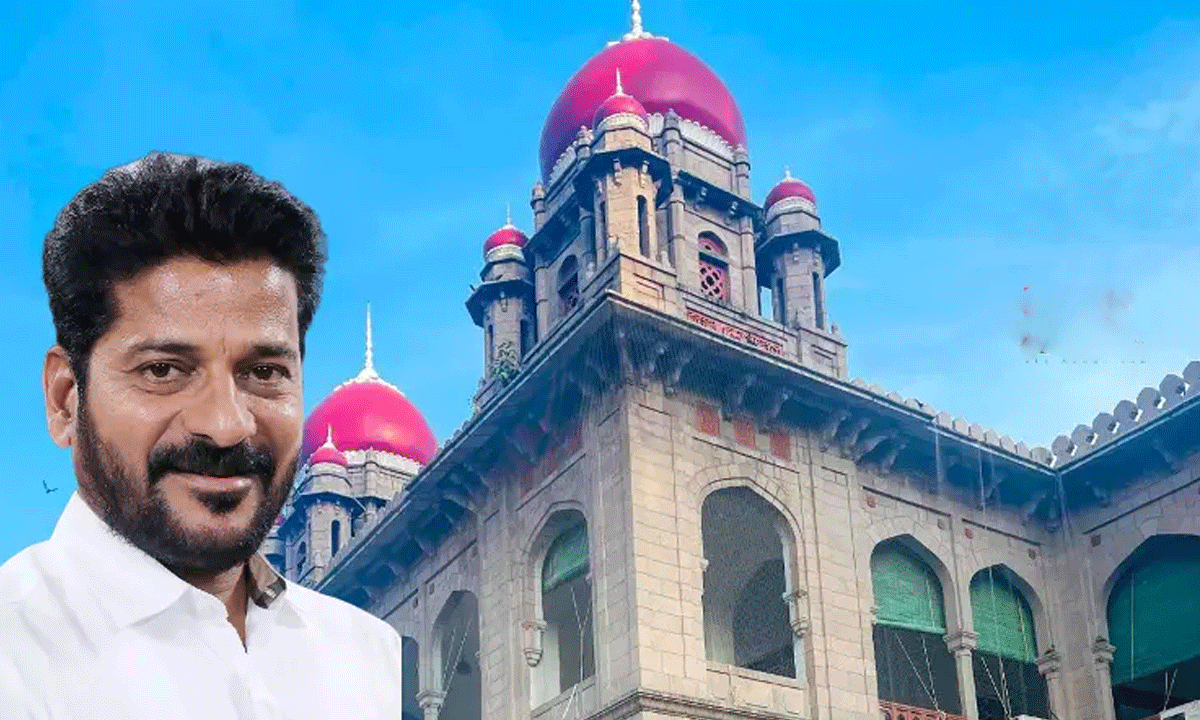Telangana High Court Quashes SC/ST Case Against CM Revanth Reddy
In a significant legal relief, the Telangana High Court on Thursday quashed a case filed under the Scheduled Castes and Scheduled Tribes (Prevention of Atrocities) Act against Chief Minister A. Revanth Reddy.

In a significant legal relief, the Telangana High Court on Thursday quashed a case filed under the Scheduled Castes and Scheduled Tribes (Prevention of Atrocities) Act against Chief Minister A. Revanth Reddy.
Table of Contents
Case Background: Allegations From 2019
The FIR was filed in 2019 against Revanth Reddy, his brother Kondal Reddy, and another individual, accusing them of caste-based abuse against N. Peddi Raju, Director of the Razole Constituency SC Mutually Aided Cooperative Housing Society.
Alo Read: Vikarabad Police Bust Ganja Chocolate Racket, UP Native in Custody
HC Observation: Lack of Evidence
Justice Moushumi Bhattacharya, who had earlier reserved her judgment on June 20, ruled that the FIR lacked concrete evidence. The court found that there was no material proof linking Revanth Reddy to the alleged site of the offence and that mere allegations were insufficient for prosecution.
Disputed Land in Gopanpally Village
The dispute involved 31 acres of land in Survey No. 127, Gopanpally village. The complainant claimed that Revanth Reddy’s brothers had encroached on the land and demolished structures with JCB machines, allegedly under the MP’s influence at the time.
IPC and SC/ST Act Charges
The case, registered at Gachibowli Police Station, included charges under:
- IPC Sections 447, 427, 506 read with 34, 198, and 120-B
- SC/ST (POA) Act Sections: 3(1)(f)(g)(r)(s)(va)
It was pending before the Special Sessions Judge for SC/ST cases, Rangareddy district.
Public Prosecutor’s Statement
During the hearings, Palle Nageshwar Rao, the public prosecutor, informed the High Court that eight witnesses had been examined and none confirmed Revanth Reddy’s presence at the scene of the incident.
Political Motivation Alleged
Revanth Reddy, who approached the High Court in 2020, argued that the case was politically motivated and filed with malicious intent, aimed at damaging his public image during his tenure as a Member of Parliament.
